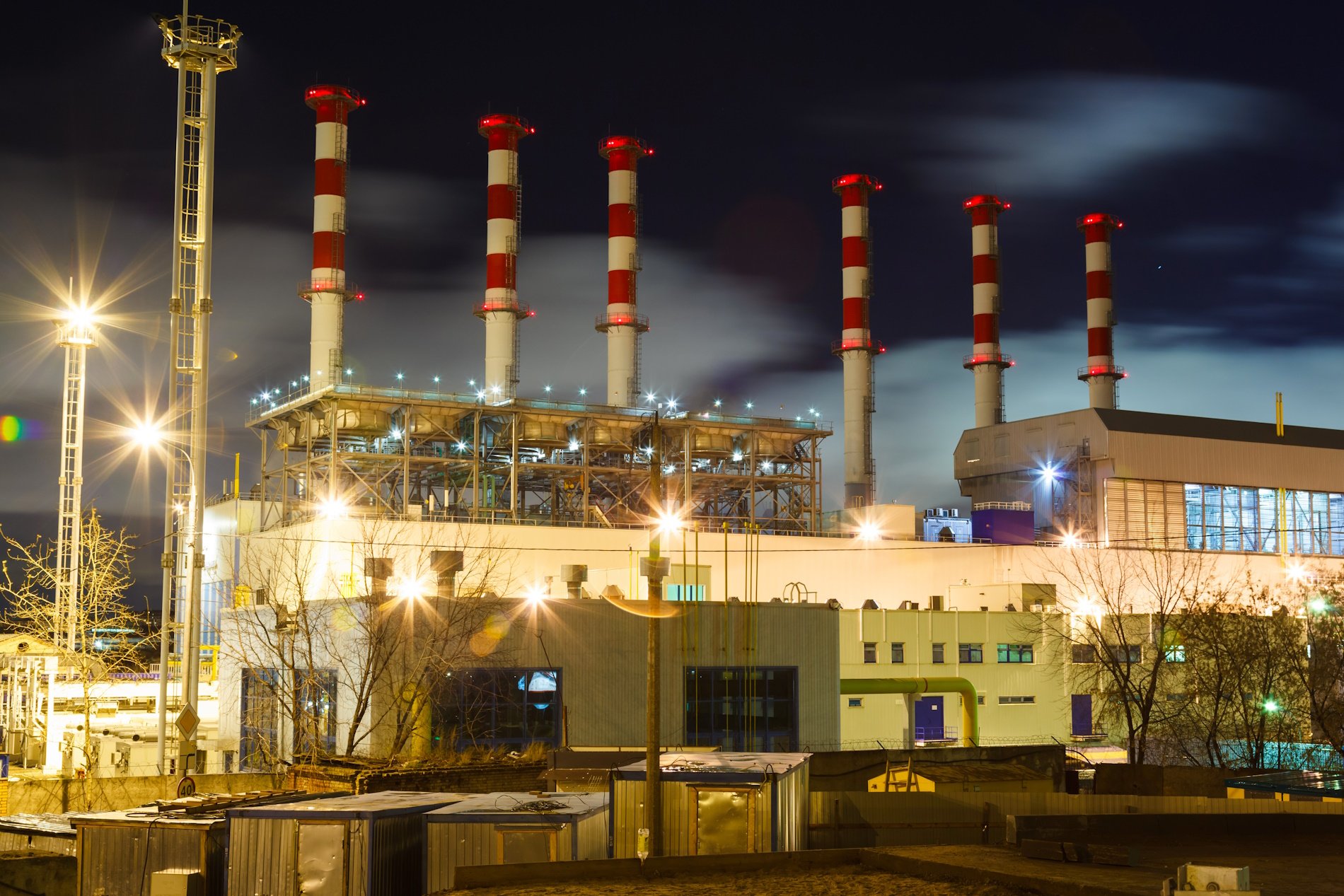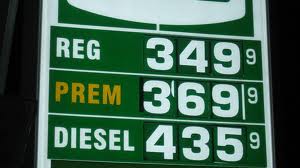What Goes into the Price of a Gallon of Gas?
When writing our earlier blog entry on things that cause gas prices to rise and fall, we realized that there was a lot to say about what makes up the...
2 min read
Bell Performance : May 13 2011

 Most of us realize that gas prices are related to the cost of crude oil. Crude oil prices make up 65-70% of the retail cost of a gallon of gas; taxes contribute close to 15%, refining is 7% and the remaining 10% is where the sum total of the post-refining costs are thrown in, including the pennies-per-gallon profit that the actual gas station makes (they make far more margin on food and convenience store items than they do on the gas itself).
Most of us realize that gas prices are related to the cost of crude oil. Crude oil prices make up 65-70% of the retail cost of a gallon of gas; taxes contribute close to 15%, refining is 7% and the remaining 10% is where the sum total of the post-refining costs are thrown in, including the pennies-per-gallon profit that the actual gas station makes (they make far more margin on food and convenience store items than they do on the gas itself).
We painfully notice this relationship when oil prices soar and the cost of gas inevitably follows upwards. Consumers have seen this in the first part of 2011, as oil prices soared past $100 a barrel and gas prices edged up afterwords to over $4.00 a gallon for regular gasoline as a national average. This is perilously close to the all-time high national average of $4.11 per gallon.
But you would expect the converse to be true as well – that when oil prices fall, gas prices fall along with them. Sometimes it takes longer for this to happen than we would like, and that makes drivers angry at what they perceive to be manipulation by oil companies trying to skirt the free market.
If we step back and take a breath, there are at least a couple of additional factors that most certainly influence the retail cost of gasoline that the average consumer may not be aware of. Staying with the oil price theme for a moment, while it is true that crude oil cost drives gas prices, the immediate cost of the crude (as in what it cost yesterday) does not drive the price so much as the long-term cost - crude oil prices from a longer period of time, rather than just what happened yesterday. If crude oil prices drop and stay low for a longer period of time, that’s when gas prices really start to drop.
Most of us recognize that supply and demand drives the cost of gas as well. That’s partly why gas goes up in the summer – the summer driving season places more pressure on the supply of gas. But demand worldwide is a huge factor in the cost of crude oil, and for the United States in 2011, this means China and India and other third world countries with rapidly expanding economies and billions of new drivers demanding fuel who were not doing so ten years ago. The fact that we live in a global economy is never more clear than it is today.
Finally, the strength or weakness of the U.S. dollar strongly impacts gas prices. A weak dollar will actually cause you to pay more at the pump. The U.S. has to compete for purchasing crude oil “lots” with other countries. If the dollar is weak, the U.S. has to actually bid more dollars in order to make their bid worth the same as another bidder who might be buying crude oil barrels in Euros or another currency. A weak dollar costs all of us, whether we realize it or not.
Use Bell Performance Mix-I-Go fuel additive to increase your fuel mileage and protect your vehicle from the harmful effects of ethanol in fuel and help offset the increasing costs of gasoline.
When writing our earlier blog entry on things that cause gas prices to rise and fall, we realized that there was a lot to say about what makes up the...

As of October 2013, gas prices seem to be on their way down in another one of those price swings that we seem to experience with regularity. It's...

As the stock market rollercoaster continues after the downgrading of the US credit rating, one bit of news that has been lost is that oil prices...